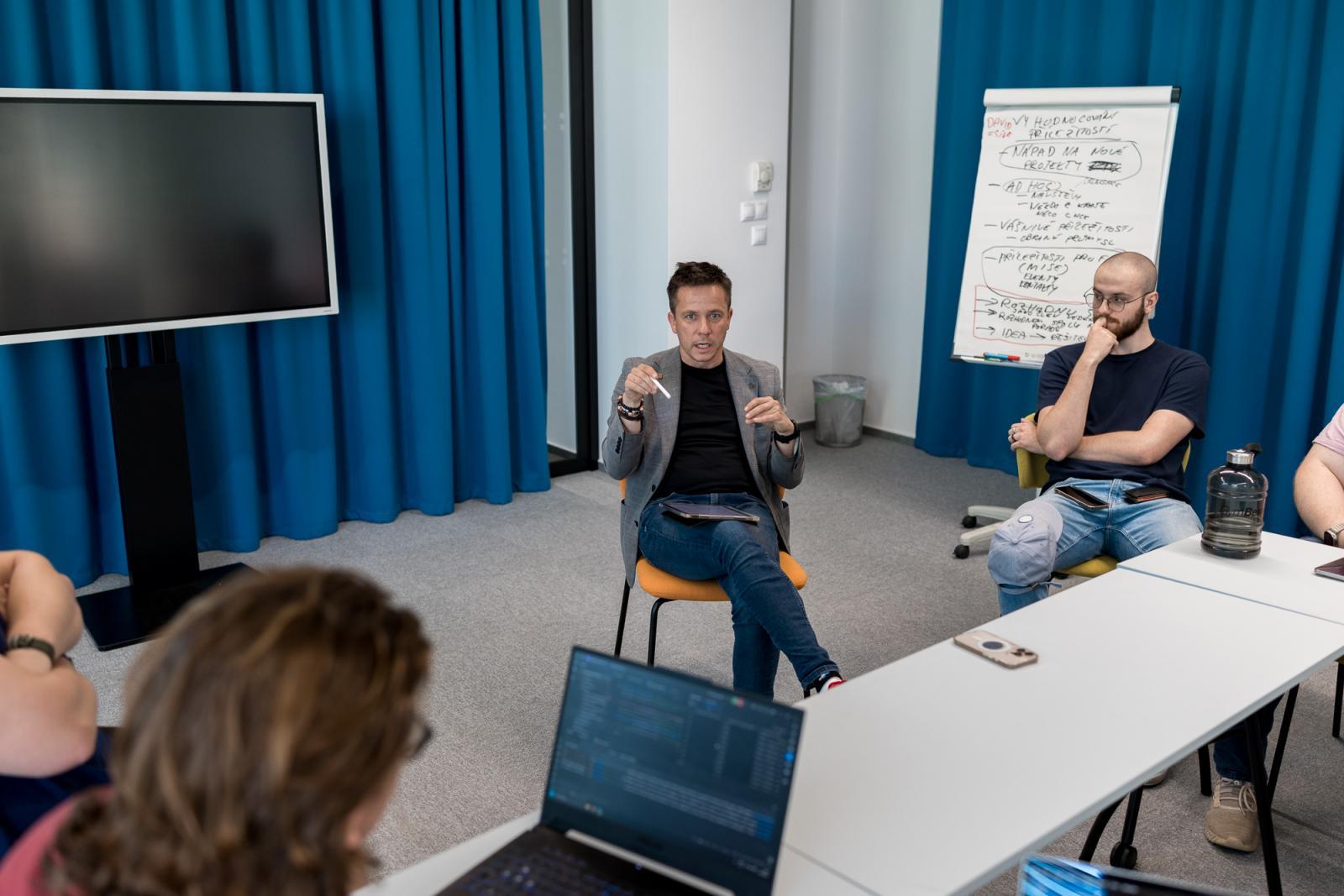Successful conclusion of the JSALT 2025 international research workshop
|
A reception held at the BUT Rector's Office on Friday, August 1, marked the end of the international research workshop JSALT 2025, organized by the Center for Language and Speech Processing at Johns Hopkins University in Maryland. The event, now in its 32nd year, attracted more than 100 researchers from 22 countries working in the field of speech and language technologies. It took place at the Faculty of Information Technology at BUT over a period of six weeks (preceded by a summer school). The program was based on the work of four research teams, which presented their findings during the last days of the workshop, all of which were related to the topic of machine learning applied to human speech. Although we are a small country, speech and language technologies rank us among the most important global centers, alongside the United States and China. The Czech Republic's, and specifically Brno's, footprint in this area of artificial intelligence is undeniable, thanks to the Speech@FIT research group and names such as Hynek Heřmanský, Jan Černocký, and Lukáš Burget. The goal of JSALT is, of course, to push the boundaries of research. However, perhaps an even more significant outcome of the workshop can be seen in the promotion of international scientific cooperation. Many of today's technologies have their roots in research and collaborations that began at JSALT. We would like to thank the organizers, presenters, and participants for their work and enthusiasm! More detailed information about the workshop, the work of our "speakers," and a link to the event's photo gallery can be found HERE. |
![[img]](https://www.fit.vut.cz/fit/news-file/d302488/FIT_JSALT_2025_086_1600.jpg)
![[img]](https://www.fit.vut.cz/fit/news-file/d302480/Kopie_souboru_IMG_0398_1600.jpg)



![[img]](https://www.fit.vut.cz/fit/news-file/d301673/JIC_V___p__edm__t_blok_4__2025_-20_1600.jpg)
![[img]](https://www.fit.vut.cz/fit/news-file/d301361/NV-aktualita-web-480x360__1__1600.png)
![[img]](https://www.fit.vut.cz/fit/news-file/d301366/Tym_sekanina-768x549_1600_1600.jpg)